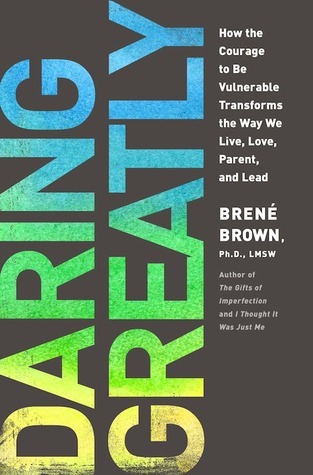
I Thought It Was Just Me: Women Reclaiming Power and Courage in a Culture of Shame
Book Description
Shame can suffocate, but courage can set you free. In "I Thought It Was Just Me," Brené Brown unveils the hidden struggles women face in a world that thrives on judgment and comparison. With compelling anecdotes and piercing insights, she invites readers to reclaim their power, transform vulnerability into strength, and discover a community of resilient women ready to rise together. As the layers of shame peel away, the journey reveals a path of authenticity and connection that’s both liberating and exhilarating. What happens when women choose to embrace their true selves, defying a culture that seeks to silence them?
Quick Book Summary
"I Thought It Was Just Me" by Brené Brown is a profound exploration of women’s experiences with shame in modern culture. Brown draws on six years of grounded theory research to reveal how shame takes root in the expectations and judgments placed upon women. Through personal stories and interviews, she illustrates how shame thrives in secrecy but diminishes when met with empathy and understanding. Brown gives readers practical tools to recognize shame triggers, cultivate self-compassion, and foster resilience. By learning to embrace vulnerability, women can connect more deeply with others, challenge oppressive narratives, and reclaim their power. Brown’s empathetic and insightful guide empowers women to break free from the isolation of shame and build authentic, courageous lives.
Summary of Key Ideas
Table of Contents
Understanding Shame and Its Triggers
Brené Brown begins her exploration by dissecting the concept of shame—an intensely painful feeling tied to beliefs about our inadequacy or unworthiness. She demonstrates that shame is a universal experience but is especially pervasive among women, often stemming from cultural and societal expectations about how women "should" be. Brown highlights the difference between shame and guilt: while guilt focuses on behavior, shame attacks the self, making recovery more difficult. Recognizing specific triggers is crucial for beginning the process of healing.
The Role of Empathy in Healing Shame
Empathy emerges as a powerful antidote to shame in Brown's research. When women share their shame stories with trustworthy, compassionate listeners, the isolating power of shame wanes. Brown emphasizes the importance of building empathetic communities where listening replaces judgment and authenticity is celebrated over perfection. Through empathy, women not only find relief from their burdens but also create supportive connections that fortify them against future shame attacks.
Vulnerability as the Path to Connection
Vulnerability, often considered a weakness, is reframed in the book as the birthplace of courage and connection. By choosing vulnerability—admitting imperfection, asking for help, or sharing difficult emotions—women open themselves to authentic relationships and growth. Brown provides real-life examples of women who have stepped into vulnerability, challenging readers to see risk as essential to both personal and communal resilience. Vulnerability cultivates the strength needed to face shame without being defined by it.
Resisting the Culture of Comparison
A significant theme throughout the book is the toxic impact of comparison and cultural pressure. Women are constantly evaluated based on unattainable standards of appearance, achievement, motherhood, and more. Brown highlights how comparison fuels shame and drives disconnection. She urges women to resist these influences by questioning internalized beliefs, fostering self-acceptance, and focusing on their own values rather than societal benchmarks. In doing so, women can break the cycle of comparison and recover their sense of worth.
Cultivating Shame Resilience and Authenticity
In her concluding insights, Brown offers practical strategies for developing shame resilience, such as recognizing shame triggers, reaching out for support, and practicing self-compassion. She inspires women to reject narratives that thrive on silence and secrecy, instead choosing paths of connection and authenticity. By embracing their true selves and supporting one another, women can transform their experiences with shame into opportunities for growth, strength, and liberation.
Download This Summary
Get a free PDF of this summary instantly — no email required.





